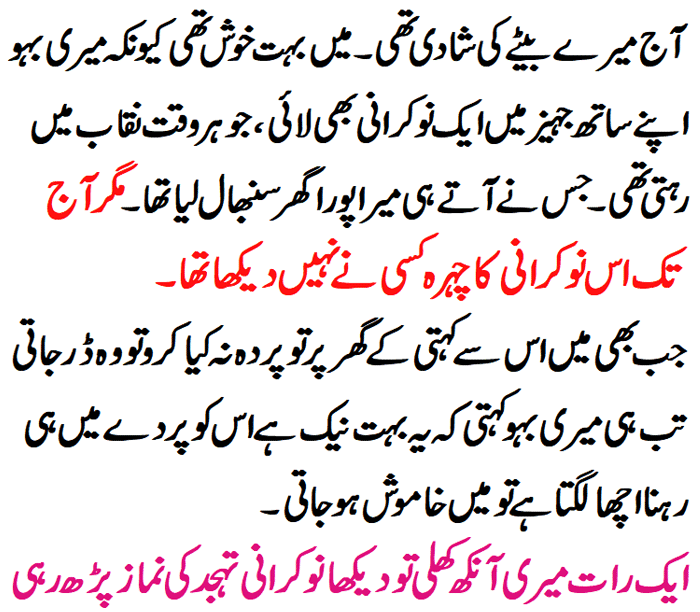
We easily forget to eat healthily in our busy lives. Vitamins and minerals are important for our body. If we don’t get enough of them, we may feel sick. Watch out for these 10 signs of vitamin or mineral deficiency!
Fatigue and Weakness:
Feeling tired and weak despite getting enough rest could be a sign of various nutrient deficiencies, including iron, vitamin B12, and magnesium. These nutrients are essential for energy production and muscle function.
Brittle Hair and Nails:
If your hair is lacking its usual luster and your nails are prone to breaking, it could indicate deficiencies in biotin, vitamin C, and zinc. These nutrients play a vital role in maintaining the health of your hair, skin, and nails.
Pale Skin:
A lack of iron and vitamin B12 can lead to anemia, a condition characterized by a low red blood cell count. One of the most noticeable symptoms of anemia is pale skin, particularly noticeable in areas with less melanin, such as the face, lips, and inner eyelids.
Frequent Infections:
If you find yourself falling sick more often than usual, it could be a sign of a weakened immune system due to deficiencies in vitamins A, C, D, and zinc. These nutrients help support immune function and protect against infections.
Muscle Cramps and Spasms:
Magnesium, potassium, and calcium are essential minerals that play a crucial role in muscle contraction and relaxation. Deficiencies in these nutrients can lead to muscle cramps, spasms, and weakness.
Poor Wound Healing:
Slow wound healing and easy bruising may indicate deficiencies in vitamin C, zinc, and vitamin K. These nutrients are essential for collagen synthesis and blood clotting, both of which are crucial processes in wound healing.
Vision Problems:
Vitamin A is essential for maintaining healthy vision, particularly night vision. Deficiencies in this vitamin can lead to vision problems such as night blindness and dry eyes.
Joint Pain:
Joint pain and stiffness may be indicative of deficiencies in vitamin D, calcium, and magnesium. These nutrients are crucial for maintaining strong bones and joints, and their deficiency can contribute to conditions like osteoporosis and osteoarthritis.
Mood Disorders:
Low levels of certain vitamins and minerals, such as vitamin D, B vitamins, and magnesium, have been linked to mood disorders like depression and anxiety. These nutrients play a role in neurotransmitter synthesis and regulation, affecting mood and mental well-being.
Tingling Sensations:
Tingling or numbness in the hands and feet can be a sign of vitamin B12 deficiency, which can lead to nerve damage over time. Vitamin B12 is essential for nerve function and the production of myelin, the protective sheath around nerves.
FAQs about Vitamins and Minerals Deficiency:
Can not having enough vitamins and minerals affect how we think?
Yes. Not getting enough of certain vitamins and minerals can affect how our brains work. For example, not having enough vitamin B12, folate, and omega-3 fatty acids can make our thinking skills worse. These vitamins and minerals are important for keeping our brains healthy, helping them communicate, and protecting them.
Can taking too many vitamins and minerals from pills be bad for us?
Yes, it can. Taking too many vitamins and minerals from pills can make us sick. Some vitamins, like A, D, E, and K, can build up in our bodies and become toxic if we have too much. Too much iron and calcium can also hurt our stomachs and other organs. It’s important to follow the recommended amount and talk to a doctor before taking any pills.
Can not having enough vitamins and minerals affect how much we weigh?
Yes, it can. Not having enough of certain vitamins and minerals can change how our bodies use energy and manage weight. For example, not having enough vitamin D, magnesium, and iodine can mess with our metabolism and how full we feel. This can make it harder to keep a healthy weight.
What should people who don’t eat meat do to make sure they get enough vitamins and minerals?
People who don’t eat meat should eat a variety of plant-based foods to get enough vitamins and minerals. For example, eating beans, fortified cereals, nuts, seeds, and leafy greens can help prevent problems like not having enough iron. They should also consider taking pills or eating foods with added vitamins and minerals like B12, D, omega-3 fatty acids, and zinc.
How does getting older affect how our bodies use vitamins and minerals?
Getting older can make it harder for our bodies to absorb vitamins and minerals from food. This can make older adults more likely to not get enough. Changes in how our stomach and intestines work, less appetite, taking medicine, and having health problems can all affect how well our bodies use vitamins and minerals. Older adults should watch their diet and talk to a doctor to make sure they get enough nutrients. Regular check-ups can help catch any problems early.
If you notice any of these symptoms, it doesn’t automatically mean you lack certain vitamins or minerals, but it’s important to listen to your body and talk to a doctor if you’re worried. Eating a balanced diet with lots of fruits, veggies, whole grains, lean meats, and dairy can make sure you’re getting all the vitamins and minerals you need. Sometimes, you might need supplements, especially if you have dietary limits or health issues. Remember, it’s easier to stay healthy by preventing problems than fixing them later.






